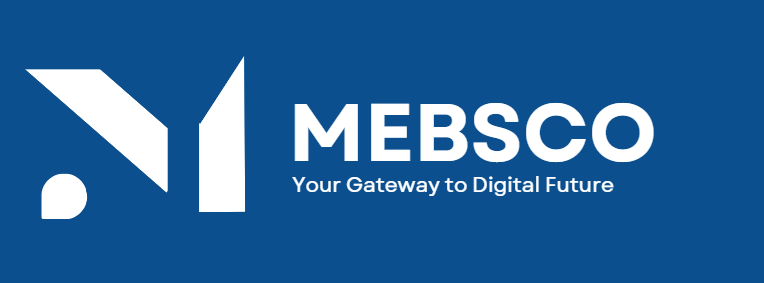In today’s fast-paced business environment, selecting the right enterprise resource planning (ERP) system is critical to operational efficiency and driving growth. However, with so many ERP solutions available, such as Oracle JD Edwards, Oracle NetSuite, Odoo and ERPNext, it can be difficult to make the right choice. This guide will take you through the key factors to consider when choosing the perfect ERP system for your business.
1. Understand Your Business Needs
The first step in choosing the right ERP system is to clearly define your business needs. Every business is unique, and what works for one might not work for another. Start by identifying the core processes that need improvement. Are you looking to streamline your supply chain, enhance customer relationship management, or improve financial reporting? Understanding your specific pain points will help you narrow down the options and select an ERP system that aligns with your goals.
2. Consider Scalability and Flexibility
Your business will grow, and so will your ERP requirements. It’s important to choose an ERP system that can scale with your business. Look for solutions that offer modular capabilities, allowing you to add functionalities as your business expands. Additionally, consider the flexibility of the system—can it be customized to meet your unique needs, and how easily can it adapt to changes in your business processes?
3. Evaluate Industry-Specific Requirements
Different industries have different requirements. For example, a manufacturing company will need an ERP system with strong inventory management and production planning features, while a retail business may focus more on point-of-sale integration and customer analytics. Evaluate ERP systems based on their ability to cater to your industry’s specific needs. At MEBSCO, we have extensive experience implementing ERP systems in various industries, including healthcare, retail, and manufacturing, ensuring that your solution is tailored to your industry’s unique challenges.
4. Integration with Existing Systems
One of the most critical factors in ERP implementation is how well the new system integrates with your existing software. An ERP system should seamlessly connect with your current applications, whether they are related to accounting, human resources, or customer relationship management. A well-integrated ERP system reduces data errors, enhances collaboration, and improves overall efficiency.
5. Total Cost of Ownership
While the initial cost of an ERP system is important, it’s crucial to consider the total cost of ownership (TCO). This includes not only the upfront costs but also ongoing maintenance, customization, training, and upgrade expenses. A cheaper system may end up costing more in the long run if it requires constant adjustments or doesn’t meet your business needs effectively. MEBSCO can help you assess the TCO of various ERP systems and choose one that offers the best value for your business.
6. Vendor Support and Expertise
The success of your ERP implementation largely depends on the support and expertise of your ERP vendor. It’s essential to choose a vendor who not only offers robust customer support but also has a deep understanding of your industry. At MEBSCO, we pride ourselves on providing expert guidance and ongoing support to ensure your ERP system delivers maximum ROI.
7. Future-Proofing Your ERP System
Technology is constantly evolving, and so should your ERP system. When choosing an ERP system, consider its ability to adapt to future technological advancements such as artificial intelligence, machine learning, and IoT. A future-proof ERP system will help you stay competitive and responsive to market changes.


Your writing is a true testament to your expertise and dedication to your craft. I’m continually impressed by the depth of your knowledge and the clarity of your explanations. Keep up the phenomenal work!
Thank you